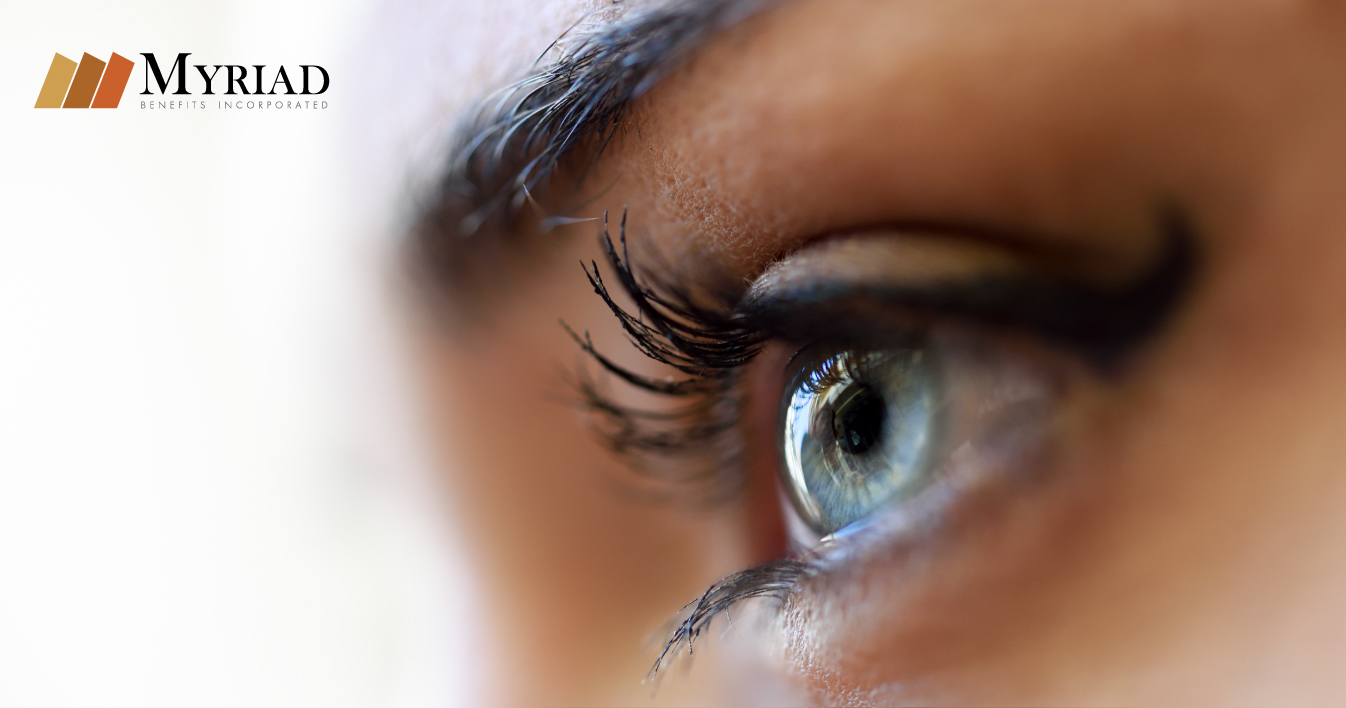Eye fatigue is discomfort that can happen due to numerous stimuli that force your eyes to engage in continuous near and far focusing (when driving), or continuous eye accommodation efforts, whether it’s because you spend a lot of time reading, sewing or watching TV, your computer, cell phone, or tablet. Your eyes hurt and feel uncomfortable. In addition, carrying out an activity, regardless of whether it is light or heavy, without adequate lighting can also make your eyes work harder.
In normal circumstances, people blink 12 to 20 times per minute. However, when because of their job or leisure, they are exposed to these screens or electronic devices for long periods of time, the blinking frequency decreases to a mean of between 4 to 18 and 3 to 6 times per minute. The result is itchy or dry eyes.
What are the symptoms?
- Burning sensation and itchy, dry, gritty eyes,
- Pain in the forehead or eye area
- Slight eye or eyelid swelling and redness
- Difficulty focusing or blurry vision
- Feeling of congestion or pain in the nose bridge or eye sockets
How can eye fatigue be prevented?
- Rest your eyes for 5 minutes every hour.
- Alternate between looking at an object that is far away and an object that is up close.
- Blink to keep your eyes moist.
- Adjust your screen’s brightness and contrast settings.
- Use adequate lighting, if possible natural light and sidelights.
- Place your screen 20 to 26 inches away from your eyes and slightly below eye level.
- Adjust the font size.
- If you are too tired, don’t use electronic devices.
- Keep any documents you may need within reach when working on your computer.
- Apply the 20-20-20 rule: every 20 minutes, look at something 20 feet away for 20 seconds and remember to blink.
To ensure that your eyesight is the best possible, one of the best things you can do is have a complete eye exam that includes eye dilation.
References:
National Eye Institute nei.nih.gov
Óptica Ares optica.ares.com
Imagen: freepik.comfreepik.com













